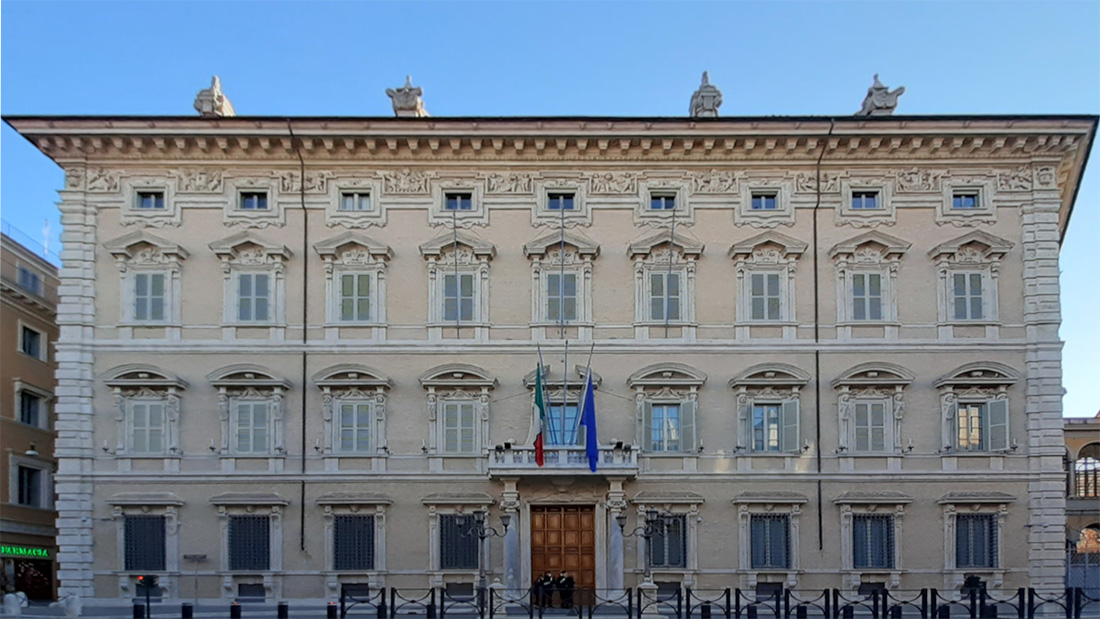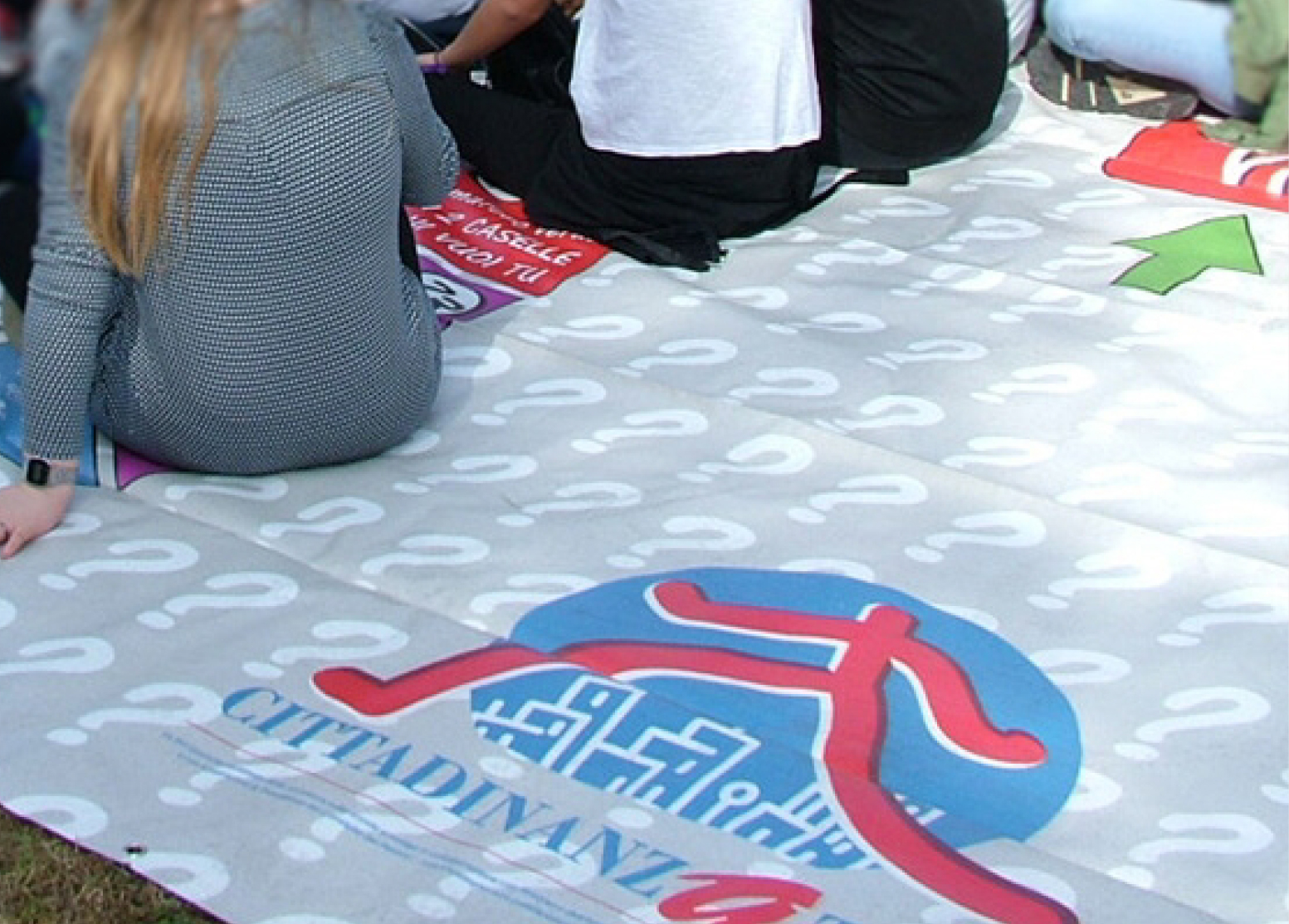
Cittadinanzattiva is an organization of citizens involved in both the everyday protection of individual rights and the promotion of policies to facilitate access to services, including that of justice, in order to contribute to improving the quality of the organization, the dialogue between the different actors involved, and to encourage widespread public supervision on the administration of the services and the affirmation of rights, first and foremost for the benefit of those most vulnerable and mostly excluded. They are certainly well known to all the pathologies of Italian justice, but it is also good to pose what is the perception of citizens who come to our counseling center on justice, from which emerges a general feeling of distrust and frustration, of those who feel, by using a strong word, 'victim' of a system, rather than the user of a service.
Sensation due to the chronic slowness of procedures, which runs at once uncertain and indefinite the moment in which you will get a response, a decision, you will see a right claimed. A feeling of distrust tied also to the high costs, partly as a result of these delays, the citizens bear and, on the other hand, more and more often today translate into real barriers to access.
In this context, the Project of best practices in justice can represent, in my opinion, an opportunity in order to help improve our justice system, especially for the stated goals, transparency and simplification of internal organizational processes, quality improvement services and especially the approach of the offices to citizens, through the introduction of information tools, communication and reporting. There are several positive innovations and benefits: beginning with the adoption of service charters of the courts where, in addition to offering information to users on how to use the service effectively enable to identify performance standards, stating objectives and recognizing specific rights in the hands of users. They appear to me equally significant the commitments on the level of social reporting, which is an important issue for the citizens. These emerging social reporting experiences of judicial offices may also represent a way to make the work of the public administration accessible to the citizens. The use of these instruments of accountability in the court, however, is a recent phenomenon, and from this point of view there is a certain delay compared to other sectors, such as public administration, local government or health care companies, where for more than ten years there are several experiences like that. If the dissemination project of good practice in the courts is a positive initiative because it deals, in a systematic and dedicated resources with the theme of the reorganization of the courts, it is also true that it is an experiment that, therefore, by its very nature, involves a limited number of offices, and, moreover, highlights the experiences of improvement certainly important and positive in terms of improving of the organization and the optimization of the use of resources, computerization and the use of technological resources, to reduce the time of the proceedings and the quality of services provided to users and non-professional, but which are related to small offices. The real challenge lies in the replicability and large-scale deployment of these positive innovations and their reproduction, even in the offices of larger size, which are in a state of great suffering for the workload and the amount of the processes that have to manage.
The priorities from the point of view of Cittadinanzattiva
From the point of view of an organization like ours, it is important that tools such as the Service Charters are constructed with the contribution of external stakeholders and which provide improvement targets objective and measurable by the citizens.
Similarly it would be essential that the Annual Reports of the Court is also the outcome of a process of listening and participation of citizens and that, not to be reduced to forms of self-communication, realize the results achieved according to an external perspective, that of the "stakeholders "of the courts, whether they are citizens or institutions, service users, etc.., in addition to effectively measure the social impact of their activities.
For this purpose and on the basis of these premises, I consider important to develop moments of involvement and participation of stakeholders inside and outside in the implementation and evaluation of the social so that in time you consolidate a permanent dialogue between citizens and users and offices, which will help to improve planning policies and services.
In terms of improving the organization, including the good practices, I found particularly interesting the experiences related to the offices for the audience especially for its innovative approach that marks. It should be stated at the outset that the information is the first between the needs of citizens represented by our consulting and assistance service in the field of justice: very often it is a primary need for information, preliminary to the promotion of an action or the activation of a procedure. So on this front certainly appear to be very advanced and valuable experiments implemented in some courts, like that of Brescia, where the Office of Public Relations has been revisited in a simple and not mere guidance to users, but the genuine service welcome and assistance of citizens, and also support in the launch of practices that can be accessed initially without the necessary assistance of a lawyer, as part of the voluntary jurisdiction. This, however, activating synergies with local governments, with professional associations and also with the private social networks on the territory: While in Brescia, for example, the URP was joined one-stop vulnerable people, where experienced operators in mediation dealing with the social reintegration of citizens incurred in crime, facilitating the interconnection between the stakeholders, advocates, users, family members and services in the area. I find that on these fronts, the involvement of civic organizations can really make a concrete contribution.
Edited by Laura Liberto, National Coordinator Justice Network for Rights-Cittadinanzattiva
Read the full interview appeared on the portal PAQ – Pubblica Amministrazione di Qualità (Italian version)











